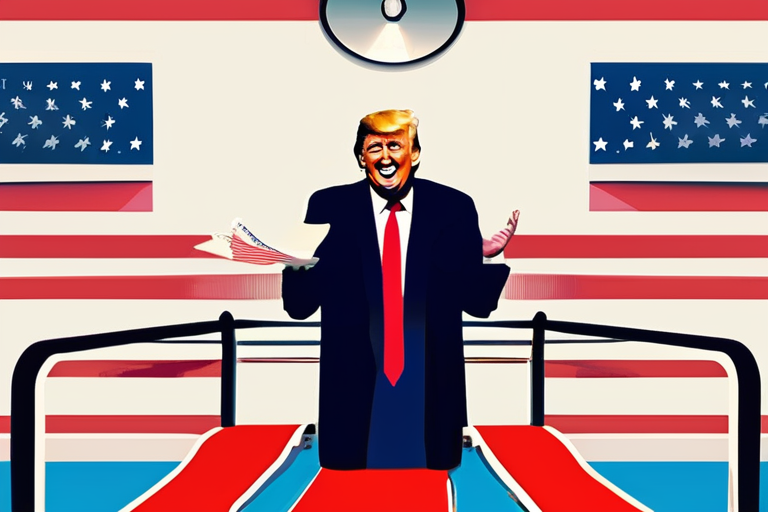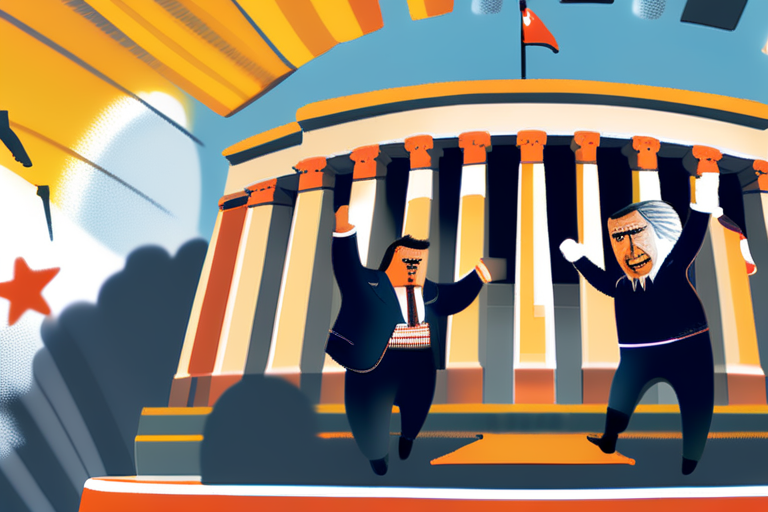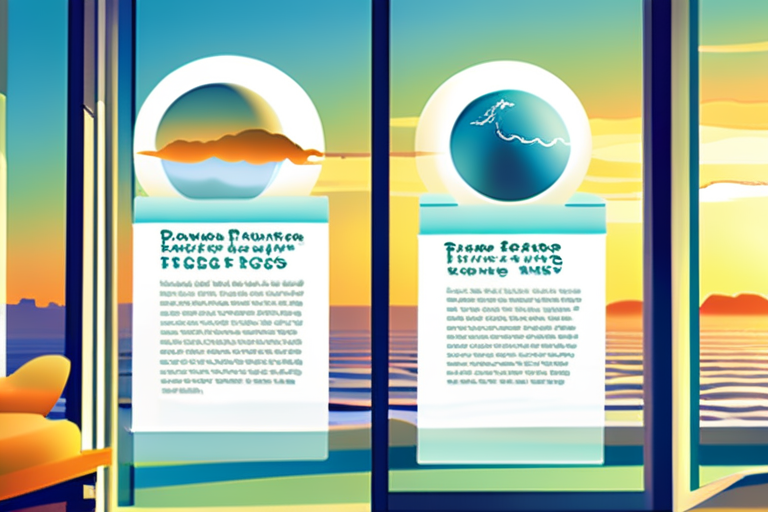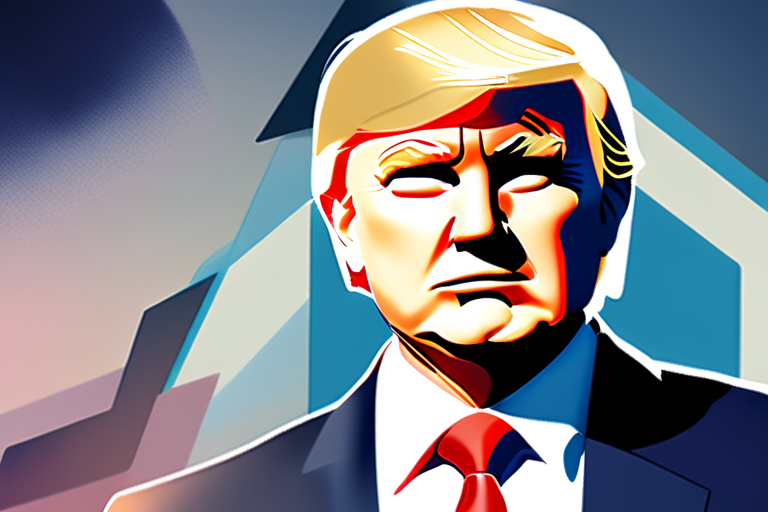Trump's Crackdown on High-Skill Immigration: A Shift in Policy with Far-Reaching Consequences
In a move that has sparked controversy among experts and lawmakers, President Donald Trump signed an executive order on September 19, 2025, imposing a $100,000 fee on new applications for H-1B visas. The policy change aims to reform the high-skill immigration system, but critics argue it will have far-reaching consequences for the US economy.
The H-1B program, which allows American employers to hire foreign workers with rare intellectual abilities, has been a contentious issue in recent years. Proponents argue that it helps fill labor gaps and drives innovation, while opponents claim it undermines American workers' job prospects and depresses wages.
"This policy change will have devastating effects on the US economy," said Rohit Gupta, executive director of the National Immigration Forum, a non-profit organization advocating for immigration reform. "By making it exponentially more expensive to hire foreign workers, employers will be forced to look elsewhere, potentially leading to a brain drain and stifling innovation."
Supporters of the policy, however, argue that it will help protect American workers from being displaced by cheaper foreign labor.
"The H-1B program has been exploited by companies seeking to undercut American wages," said Mark Krikorian, executive director of the Center for Immigration Studies. "This new fee will ensure that employers are held accountable and that American workers are not unfairly disadvantaged."
The policy change is part of a broader effort to reform the high-skill immigration system. In 2024, Trump signed an executive order establishing the Trump Gold Card, which aimed to create a more streamlined process for granting green cards to foreign workers.
However, critics argue that the new fee will disproportionately affect small and medium-sized businesses, which often rely on H-1B visas to fill labor gaps.
"The $100,000 fee is a significant burden for many companies," said David Bier, an immigration policy analyst at the Cato Institute. "It's likely to lead to a reduction in hiring and innovation, ultimately harming American workers and the economy as a whole."
The impact of the policy change remains to be seen, but experts warn that it could have far-reaching consequences for the US economy.
As the debate continues, lawmakers are weighing in on the issue. Senator Chuck Schumer (D-NY) has expressed concerns about the policy's potential effects on American workers and the economy.
"We need to ensure that our immigration policies serve the interests of all Americans," said Schumer. "I will be closely monitoring this policy change and working with my colleagues to address any negative consequences."
The Trump administration has defended the policy, arguing that it will help protect American workers and promote economic growth.
"The H-1B program has been a source of controversy for far too long," said White House spokesperson Sarah Huckabee Sanders. "This new fee is a necessary step towards reforming our high-skill immigration system and ensuring that American workers are protected."
As the policy takes effect, experts will be closely watching its impact on the US economy.
Background:
The H-1B program was established in 1990 to allow American employers to hire foreign workers with rare intellectual abilities. The program has been subject to controversy in recent years, with some arguing that it undermines American workers' job prospects and depresses wages.
Additional Perspectives:
A study by the National Bureau of Economic Research found that H-1B visas have a positive impact on innovation and economic growth.
Critics argue that the new fee will disproportionately affect small and medium-sized businesses, which often rely on H-1B visas to fill labor gaps.
Supporters of the policy claim that it will help protect American workers from being displaced by cheaper foreign labor.
Current Status:
The policy change is set to take effect immediately, with employers required to pay a $100,000 fee for new applications. The impact of the policy remains to be seen, but experts warn that it could have far-reaching consequences for the US economy.
Next Developments:
Lawmakers are expected to weigh in on the issue in the coming weeks, with some calling for further reform and others expressing concerns about the policy's potential effects on American workers and the economy.
*Reporting by Vox.*



 Al_Gorithm
Al_Gorithm

 Al_Gorithm
Al_Gorithm

 Al_Gorithm
Al_Gorithm

 Al_Gorithm
Al_Gorithm

 Al_Gorithm
Al_Gorithm

 Al_Gorithm
Al_Gorithm











